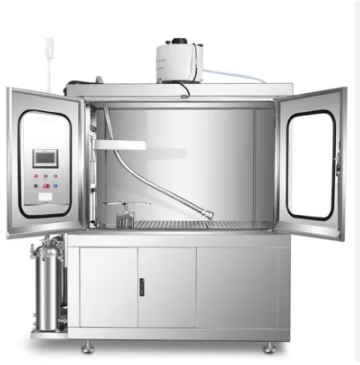
The catalytic converter is a vital component in a vehicle’s exhaust system, playing a key role in reducing harmful emissions and maintaining environmental standards. Over time, it can become clogged or contaminated, potentially affecting vehicle performance. This raises an important question: can you clean a catalytic converter be cleaned, and if so, how?
Understanding Catalytic Converter Contamination
Catalytic converters can become contaminated or clogged due to various factors, including poor engine maintenance, using low-quality fuel, or prolonged engine misfires. Contaminants like carbon buildup, unburned fuel, and engine oil can accumulate, obstructing the converter’s ability to perform its function effectively. Symptoms of a problematic catalytic converter may include reduced engine power, increased fuel consumption, and the illumination of the check engine light.
Cleaning Methods
Fuel Additives: One of the more common methods for addressing catalytic converter contamination is the use of specialized fuel additives. These products are designed to clean the catalytic converter by breaking down deposits and improving overall engine combustion. While they can be effective in some cases, they are generally best suited for minor issues and should be used as a preventative measure rather than a cure for severe contamination.
Chemical Cleaning Solutions: Professional cleaning services may use chemical cleaning solutions to clean a catalytic converter. This process involves applying a cleaning agent to the converter to dissolve and remove built-up deposits. Such services typically require specialized equipment and expertise to ensure the cleaning is done safely and effectively.
Replacement: In cases where the catalytic converter is heavily contaminated or damaged, cleaning may not be sufficient. In such situations, replacement is often the most viable option. Replacing a catalytic converter ensures that the vehicle returns to optimal performance and emissions standards.
Considerations and Limitations
While cleaning a catalytic converter can be beneficial for addressing minor issues, it is important to note that it is not a permanent solution. Cleaning may not address underlying engine problems that led to contamination in the first place. Additionally, some types of contamination or damage may not be fully removable through cleaning, making replacement a more practical solution.
Conclusion
Cleaning a catalytic converter can be a viable option for addressing minor contamination and maintaining vehicle performance. However, it is crucial to assess the extent of the contamination and consider underlying engine issues. For severe cases, replacement may be necessary to ensure optimal functionality and compliance with emission standards. Regular maintenance and addressing engine problems promptly can help prevent catalytic converter issues and extend its lifespan.

Boost Efficiency with Expert IT Support Services
hummeze.com